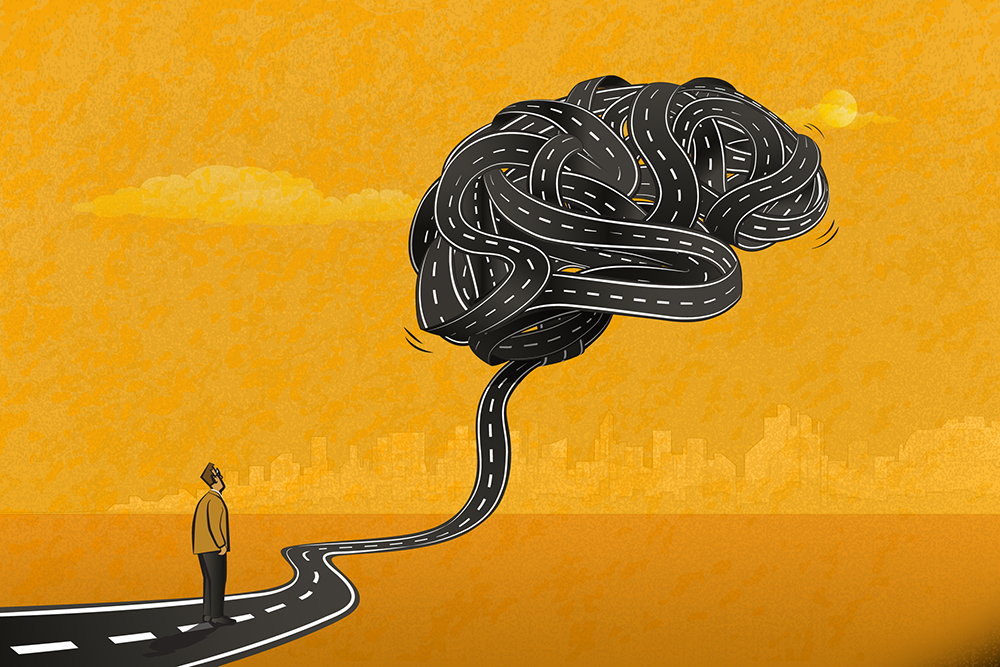If you’re caring for a loved one with Alzheimer’s disease or another form of dementia, you’re undoubtedly faced with daily challenges. From the disruptive memory loss and changes in behavior to sundowning issues, individuals living with dementia often require a level of care that goes beyond the average caregiver’s abilities – or even above the level of care provided in most assisted living communities.
Memory care and support is provided in specialized neighborhoods in many of today’s senior living communities, designed to accommodate residents throughout the various stages of dementia. Memory care activities and programming are offered in a safe, homelike environment with structured daily routines. The goal is to focus on improving the resident’s overall quality of life by helping them maintain as much independence and individuality as possible.
Alzheimer’s and Dementia Care FAQs
Here are a few of the most commonly asked questions regarding the programs and lifestyle offered at memory care communities:
Q: What is memory care?
A: Memory care communities develop specialized programming for residents living with Alzheimer’s and dementia. Staff professionally trained in memory care provide daily assistance with personal care, medication management, and create individualized activities specifically designed to enhance each resident’s life.
Q: How is memory care different from assisted living?
A: While assisted living communities provide support with daily living activities like eating, dressing and bathing, residents with memory loss require more care and assistance, especially as the disease progresses. Staff are specially trained to learn how to work with the residents’ remaining abilities.
Q: What are some of the signs a loved one needs Alzheimer’s or dementia care?
A: The Alzheimer’s Association has identified 10 warning signs of Alzheimer’s disease. These include:
- Disruptive memory loss
- Trouble solving problems
- Difficulty completing daily tasks
- Time and place confusion
- Challenges with vision
- Issues communicating effectively
- Misplacing objects or leaving them in unusual places
- Displaying poor judgment
- Social withdrawal
- Noticeable changes in personality, mood and behavior
Q: Are residents safe from wandering in a memory care community?
A: Wandering is one of the top symptoms of Alzheimer’s disease and can occur even in the earliest stages. The Alzheimer’s Association reports that six in ten people with dementia will wander, largely due to the confusion with time and place these individuals suffer from. They can often get lost even in familiar surroundings. For this reason, memory care communities ensure a secure environment for residents, with doors that require keycards or codes to open. They’ll also often provide a safe outdoor space, enclosed by a fence or courtyard, to allow residents to get outside and enjoy some fresh air.
Q: What types of memory care programming can residents expect to participate in daily?
A: Memory care programs work to improve the quality of life for all residents on an individual level. Typical memory care activities include computer-based activities to improve cognitive fitness, music therapy, specialized dining services to promote better nutrition, and visiting multi-sensory rooms that provide meaningful engagement. Residents enjoy a variety of social opportunities with each other in addition to one-on-one experiences with the specially-trained staff members.
Person-Centered Memory Care at Springpoint Senior Living Communities
With Springpoint Senior Living’s exclusive memory care program, Connections: A Dementia Care Model of Excellence you can continue to make meaningful connections with loved ones living with Alzheimer’s disease or dementia. Designed to enhance the physical, cognitive and social well-being of each resident, our specially-trained staff members engage residents, treat them with dignity and offer them hope and purpose using the most comprehensive, leading-edge care methods, including person-centered care.
Find high-quality memory care and support at a Springpoint Life Plan community near you today. Or, contact us today learn more.



